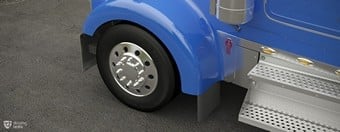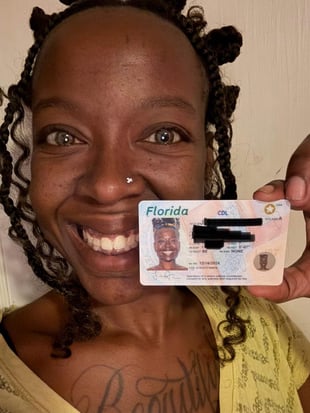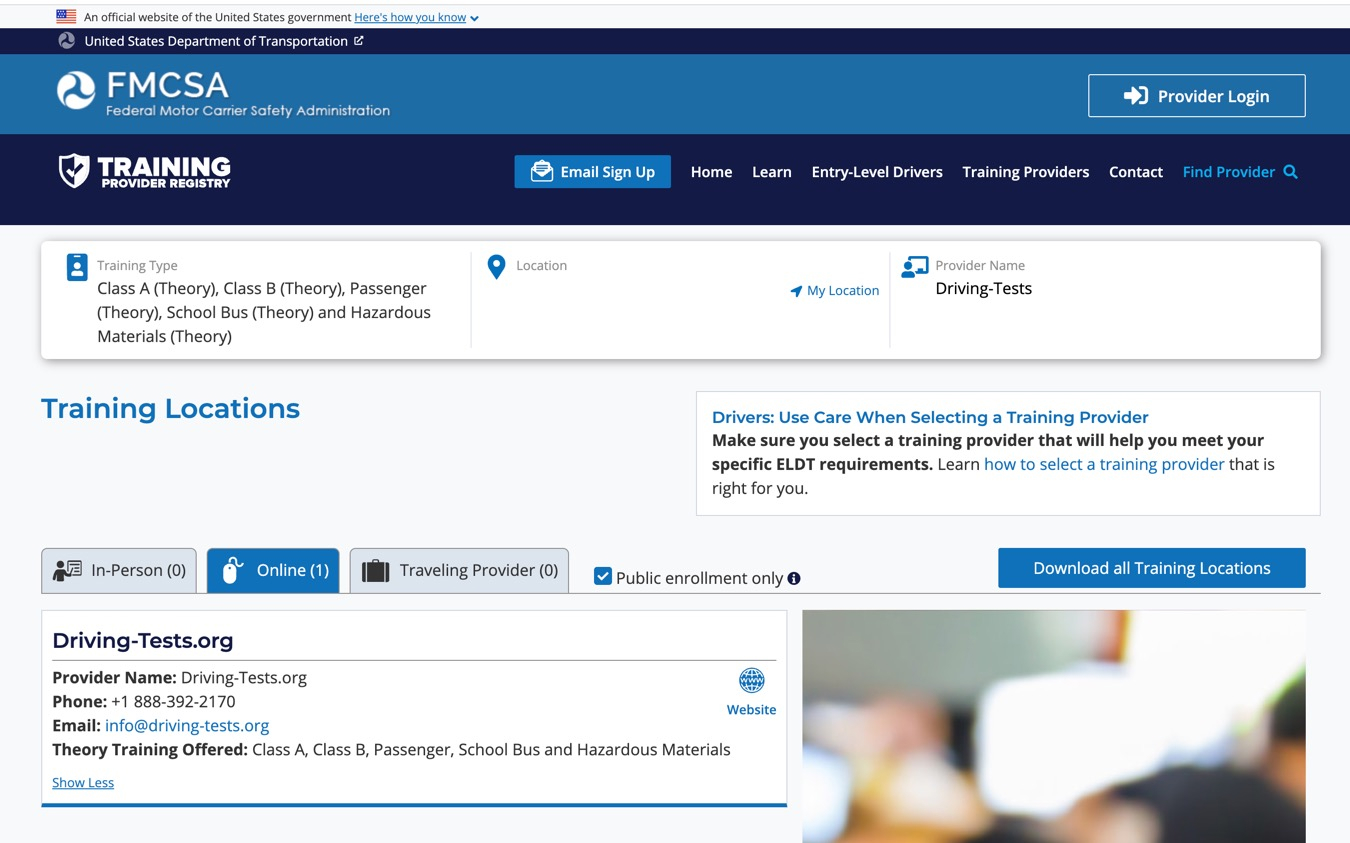Planning to drive commercial motor vehicles (CMVs) with air brakes? Our Kansas DMV CDL Air Brakes Practice Tests are designed to help you confidently prepare for your knowledge exam and pass on the first attempt. Failing the air brakes test in Kansas results in a one-day waiting period and a fee before you can retake it. If you don’t pass, your CDL will include the “L” restriction, preventing you from operating CMVs with air brakes. Air brakes are essential for safely navigating Kansas, especially in the Flint Hills region, where rolling hills, gradual slopes, and high winds demand precise control. Transportation routes such as I-70 (linking Kansas City, Topeka, and Salina), I-35, and Routes 54 and 81 are vital for agricultural and freight transport, and most semi-trucks and tractor-trailers rely on air brakes. Thus, restriction “L” would limit both your driving options and your access to many job opportunities.
Industries throughout the Sunflower State depend on drivers with air brake qualifications to run smoothly. Key industries include agriculture, manufacturing, and energy. Major companies requiring the air-brake qualification include Scoular and ADM Grain in the agriculture sector as well as XPO Logistics, Old Dominion Freight Line, and FedEx Freight in the logistics industry. Charter bus companies like Village Tours & Travel (Wichita), Arrow Stage Lines (Kansas City), and Prestige Bus Lines (Topeka) also rely on air brake-qualified drivers. Additionally, thousands of full-size school buses statewide are equipped with air brakes. The “L” restriction makes operating CMVs equipped with air brakes illegal, limiting your access to countless job opportunities.






















